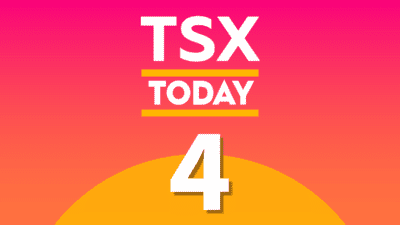The COVID-19 pandemic has shaken Canadian society to its core. Political leaders were forced to turn to radical means to contain the spread of the virus and to provide for citizens who have been put out of work. It has been nearly a year since the new restrictions and lock downs were put into place. Canada’s most populace provinces are still wrestling with high case counts. Worse, the vaccine rollout has been abysmal in comparison to Canada’s peers in the G7. Today, I want to discuss why a CRA-administered basic income may become a reality after this historical crisis.
Why CERB could be an early test
Basic income is not a new concept. Indeed, firebrands like the U.S. politician Huey Long and even civil rights icon Martin Luther King Jr. have proposed policies like a universal basic income. Indeed, the policy has gained significant traction among academics after the 2007-2008 financial crisis. Moreover, the changing nature of work and rise of automation is demanding bold policy prescriptions. Canadians should not be surprised to see a permanent basic income.
Millions of Canadians have been forced out of work as Canada has sought to battle COVID-19, with limited success. The federal government introduced the Canada Emergency Response Benefit (CERB) in the first half of 2020. This provided a $2,000 monthly payment to individuals who were put out of work due to new restrictions and lock downs. It was administered by the Canada Revenue Agency (CRA). These benefits transitioned to a revamped EI and more specific offerings like the Canada Recovery Benefit (CRB) and Canada Recovery Sickness Benefit (CRSB).
The CERB has many of the qualities of a basic income pilot. Moreover, there are good reasons to believe that these benefits will be here to stay even as the pandemic fades in Canada and around the globe.
The economic and investment benefits of basic income
Popular opinion has swung in favour of basic income over the course of the pandemic. A recent survey from the Angus Reid Institute showed that 59% of respondents support proposals for universal basic income programs at $10,000, $20,000, and $30,000 annual income. Liberal and NDP voters were both overwhelmingly in support of the program, with 78% and 84% support, respectively.
A CRA-administered basic income also holds potential economic benefits. More money in the pockets of Canadians means more spenders and perhaps more investors as well. If this program does arrive, you could also leverage that basic income and turn it into passive investment income.
H&R REIT (TSX:HR.UN) is a solid option for Canadians who are hungry for passive income. This real estate investment trust owns and manages a real estate portfolio with properties in Canada and the United States. Office buildings in Ontario make up most of its holdings. Shares of H&R REIT have dropped 34% year-over-year as of early afternoon trading on February 5. Moreover, the stock has increased 26% over the past three months.
Shares of this REIT last possessed a favourable price-to-book value of 0.6. H&R REIT offers a monthly dividend of $0.058 per share. That represents a strong 5.2% yield. A CRA-administered basic income may be forthcoming. For those who don’t want to wait, consider stashing this REIT today.







